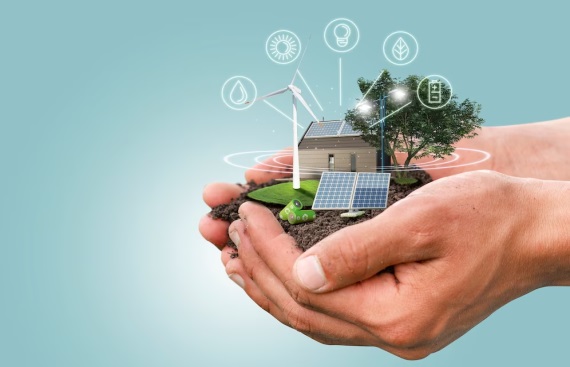Centre, TERI to Sign Pact for Energy Transition Institute: R.K. Singh
By
siliconindia | Saturday, 10 February 2024, 03:52 Hrs

The Power Ministry aims to collaborate with The Energy and Resources Institute (TERI) by signing a memorandum of agreement to establish an energy transition institute at TERI's Hyderabad campus, as stated by Union Power and New and Renewable Energy Minister R.K. Singh. Speaking at the 23rd World Sustainable Development Summit, Singh emphasized the ministry's intention to partner with TERI for the institute's establishment, where various transition pathways, bottleneck identification, and viable strategies for progress will be explored.
Currently, we are actively exploring different avenues for energy solutions. Our journey began with solar power, followed by wind energy, and eventually, we combined both in hybrid projects. To ensure continuous power supply, we introduced storage solutions. Presently, we are initiating bids for round-the-clock energy generation using green hydrogen as storage. Additionally, we plan to release bids for continuous energy production utilizing concentrated solar power with molten salt as storage. Union Power and New Renewable Energy Minister R.K. Singh expressed the need for an institution to analyze diverse alternative paths for smoother transitions. Singh highlighted India's leadership in energy transitions, noting that 44% of the country's power generation capacity is derived from non-fossil sources, totaling over 180,000 megawatts in renewable capacity out of the established 427,000 megawatts.
The minister highlighted India's proactive approach in surpassing its commitments and being among the few nations to fulfill its Nationally Determined Contributions (NDCs) well ahead of schedule. India had committed to achieving 40% of its power generation capacity from renewables by 2030, a target already surpassed. Furthermore, in COP26, India pledged to reach 50% capacity from non-fossil sources, primarily renewables, by 2030. The actual achievement is expected to be 65%, exceeding the initial commitment. Despite having one of the world's lowest per capita emissions, India has pledged to reduce emission intensity by 33% by 2030.
